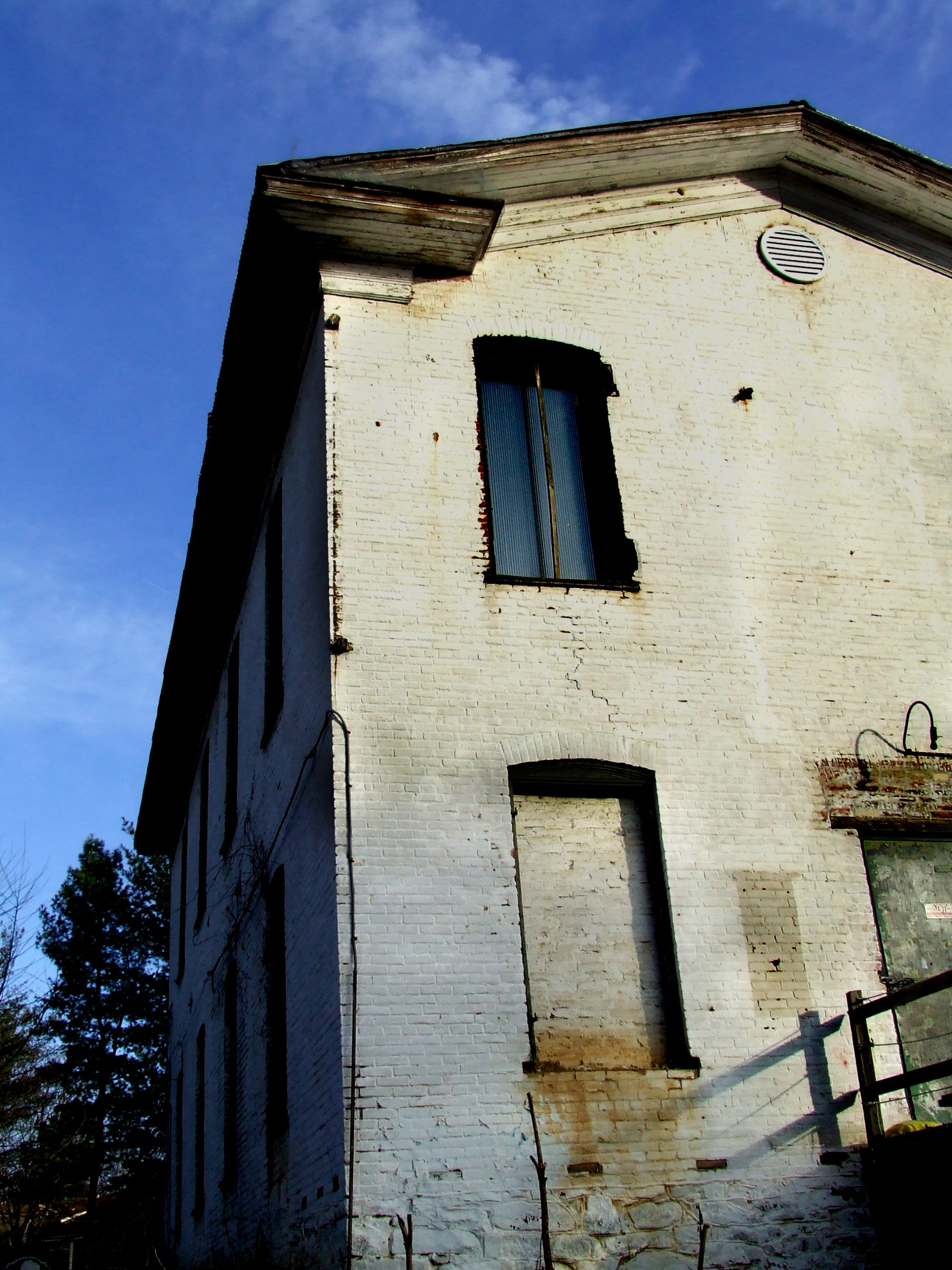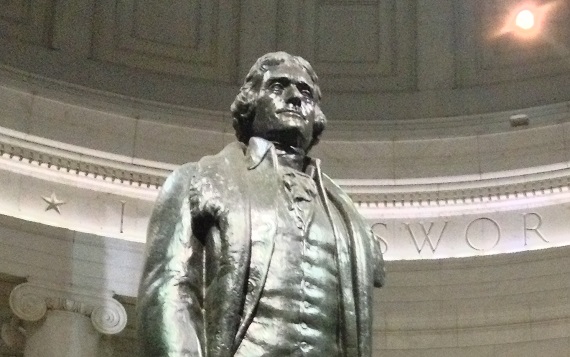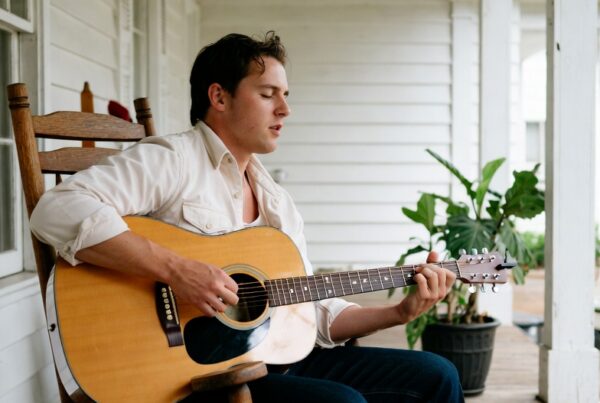Very few things in my native Fairfax County are especially old. That’s unfortunate, given the county’s founding (1742) predates the United States of America, and boasts the homes of Founding Fathers George Washington and George Mason. Yet post-World War II development rapidly changed the character of the county, and many of the old properties were sold and their ancestral homes leveled to make room for the population boom that continues to this day.
Surprised then was I to recently learn in Charles K. Cowdery’s book Bourbon, Straight, that there was an old, abandoned distillery just a couple miles from my home. The distillery was “founded just after Prohibition on a farm that occupied much of what is now Reston, Virginia.” If you know anything about Reston, you know that old is not a word usually applied to it — it’s not even really a town, but a “census-designated place” founded and designed by real-estate entrepreneur Robert E. Simon in 1964. (And also, in 2018, ranked as the “Best Place to Live in Virginia” by Money magazine.)
My curiosity piqued, I researched (and visited) this abandoned distillery, which was owned by the A. Smith Bowman company, long famous for its Virginia Gentleman bourbon, and more recently celebrated for high-end, award-winning craft spirits. A. Smith Bowman has since relocated to Spotsylvania County, Virginia. But the story I discovered of its forsaken warehouse is not only a fascinating one, but a warning, and perhaps even an inspiration, for those seeking to preserve the venerables places and traditions of their southern locale.
In 1927, the family’s patriarch, Abram Smith Bowman, purchased land from Dr. Hugh Hutchinson, a dentist in Herndon, then a small town in Northern Virginia about six miles from the Potomac River. Some of that property became a farm, which the Bowman family called Sunset Hills Farm (one of the main roads in Reston is now Sunset Hills). The following year, the Bowmans founded a fox hunting club, the Fairfax Hunt. They began distilling whiskey in 1933, converting the inactive town hall/church of Wiehle to make Virginia Gentleman whiskey, which hit the market in 1935. In 1947, Bowman acquired 3,240 additional acres, making him the proprietor of the largest amount of privately owned property in the Washington metropolitan area until the 1960s. Bourbon was manufactured in the distillery between 1933 and 1988.
The Washington Post in 1986 reported the A. Smith Bowman company’s plans to close their Reston distillery, which employed fifty people. A company spokesman cited traffic congestion, space limitations, high taxes, rising living costs for employees, as the primary reasons for the move. Within eighteen months, 30,000 white oak aging barrels were gone from the site, which the vice chairman of the Fairfax County Board of Supervisors, speculated was the county’s oldest business. There were no plans at the time to do anything with the building.
And that, strangely enough for a county with little empty land and ever-rising property costs, is how it’s been ever since. In 1989, the building was rezoned as part of a larger (very ugly) mixed-use development. In 1998, it was sold to someone who considered building a Bed and Breakfast or a condo. But then it sold again in 2010 for $540,000. It has remained listed in the National Register of Historic Places since 1999, meaning it is much more difficult to tear down. The current owner seems in no hurry to do anything with the dilapidated, white brick edifice.
The distillery stands only a stones’ throw from the W&OD trail, which thousands of people walk, bike, or run every day. I myself have run along that trail hundreds of times, never knowing a part of Northern Virginia’s heritage was just beyond the trees. You can peruse photos of the building here, thanks to a local resident. When I stopped by one recent August afternoon with several of my kids to walk around the property, I wondered whether homeless people might have camped inside — there were liquor and beer bottles littered in the overgrowth outside the building, and inside a garbage container and various waste.
It’s a shame, of course, especially when a new distillery is opening up at the nearby Reston Town Center, the very embodiment of new urbanism with its walkable streets and mixed-use properties, surrounded by an impressive, ever-growing skyline. Are the owners of this new Reston “speak-easy” even aware of the storied tradition of whiskey-making in the area?
Granted, one can’t necessarily fault the A. Smith Bowman company — businesses are built on profits, and moving to the Fredericksburg area not only reduced expenses, but enabled them to better sell their product across the Commonwealth, which is the biggest consumer of their bourbons. But in doing so they relinquished a venerable portion of the Old Dominion’s history, one they seem keen to memorialize, given their small batch gin is called “Sunset Hills.”
The preservation of that history is all the more tenuous given the post-war temperament of Northern Virginia, populated as it is by peripatetic professional migrants whose families have little loyalty to the land and criticize its supposed lack of cultural identity. Recent fights over other historic properties in Northern Virginia does not bode well for the fragile future of the Bowman distillery. That’s especially the case given the shortage of available homes in Northern Virginia.
What will become of the deteriorating structure in Reston, Virginia, where the average price for a home is almost $600,000? Admittedly, not all things are worth conserving simply because they are antiquated. But the old Bowman distillery (and former Wiehle town hall and church) serves as a link, however small, to Northern Virginia’s old identity, before developers like Til Hazel forever changed it. Local residents, regardless of their connection to Northern Virginia, should be aware of that history, which, as it relates to the old town of Wiehle, is almost 150 years old.
Too many suburban American communities are indistinguishable from one another, featuring the same subdivisions, strip malls, and chain stores. That’s why old buildings like the Bowman distillery serve as a valuable curb to the anonymizing, soulless qualities of residential and commercial development in America. They give us something to cherish and honor, to stoke our imaginations, and remind us that we too will in time disappear, our only legacy whatever our descendants and neighbors choose to preserve. The people who farmed, hunted, and distilled whiskey in the northwestern part of Fairfax County created something intended to last. It’s up to us whether their vision will be realized. I hope someone, perhaps the A. Smith Bowman Company, will take up that call. I certainly know a few thirsty gullets around.







“Peripatetic professional migrants” have destroyed the Southern culture of Northern Virginia and have replaced it with a charmless Yankee urbiculture. This is a tragedy.
Exactly correct. I lived through a portion of this destruction. My wife and I got the he!! out nearly 50 years ago because of what was happening.
What a shame.
Seems the commies ruined architecture around 70 years ago. Soulless sterile suburbs with no home or buildings of character to long for.
Those new buildings can be replaced with respectable structures, and hopefully will be one day.
Just like you I hope Jesus saves me to see the day the south rises again.